By ,
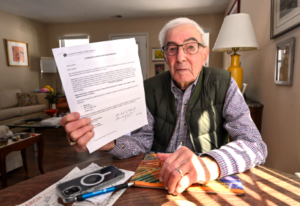
Bart Klion (Hans Pennink for KFF Health News)
Bart Klion, 95, and his wife, Barbara, faced a tough choice in January: The upstate New York couple learned that this year they could keep either their private, Medicare Advantage insurance plan — or their doctors at Saratoga Hospital.
The Albany Medical Center system, which includes their hospital, is leaving the Klions’ Humana plan — or, depending on which side is talking, the other way around. The breakup threatened to cut the couple’s lifeline to cope with serious chronic health conditions.
Klion refused to pick the lesser of two bad options without a fight.
..With rare exceptions, Advantage members are locked into their plans for the rest of the year — while health providers may leave at any time. …But a few years ago, CMS created an escape hatch by expanding special enrollment periods, or SEPs, which allow for “exceptional circumstances.” Beneficiaries who qualify can request SEPs to change plans or return to original Medicare. [Continued on KFF Health News]…
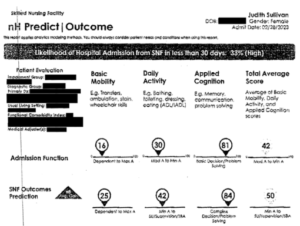
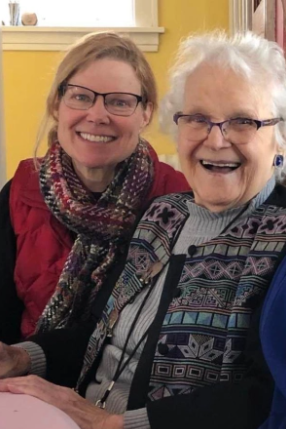


 The Jan. 25 ruling, which came in response to a 2011 class-action lawsuit eventually joined by 14 beneficiaries against the Department of Health and Human Services, will guarantee p
The Jan. 25 ruling, which came in response to a 2011 class-action lawsuit eventually joined by 14 beneficiaries against the Department of Health and Human Services, will guarantee p

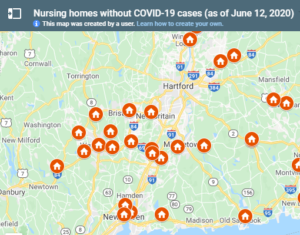




 When Christine Williams began working as a nurse practitioner some forty years ago in
When Christine Williams began working as a nurse practitioner some forty years ago in 
 That means even for the savviest shoppers it will be a challenge to figure out which plans offer the new benefits and who qualifies for them.
That means even for the savviest shoppers it will be a challenge to figure out which plans offer the new benefits and who qualifies for them.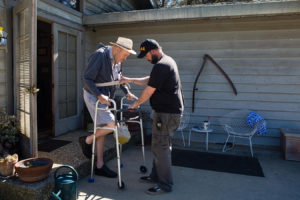
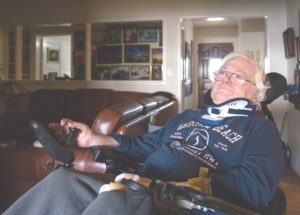
 nth, each submitted ideas to the judge, who will decide — possibly within the next few months — what measures should be taken.
nth, each submitted ideas to the judge, who will decide — possibly within the next few months — what measures should be taken.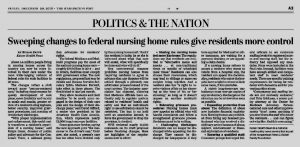
 reschool teacher who lives in Kingsley Manor, a retirement community in Los Angeles. “I didn’t know what I was going to do about dental care.”
reschool teacher who lives in Kingsley Manor, a retirement community in Los Angeles. “I didn’t know what I was going to do about dental care.”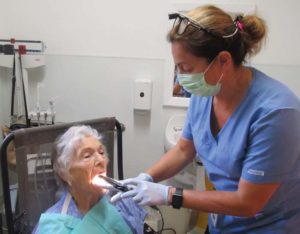
 nis, acting director of the Medicare Enrollment and Appeals Group at the Centers for Medicare & Medicaid Services.
nis, acting director of the Medicare Enrollment and Appeals Group at the Centers for Medicare & Medicaid Services. 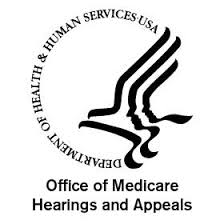
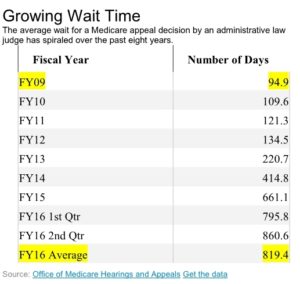 challenging denied claims continues to spiral, increasing the backlog of cases and delaying many decisions well beyond the timeframes set by law, according to a government study released Thursday.
challenging denied claims continues to spiral, increasing the backlog of cases and delaying many decisions well beyond the timeframes set by law, according to a government study released Thursday. period for these private drug and Advantage plans for 2016 starts Thursday and runs through Dec. 7.
period for these private drug and Advantage plans for 2016 starts Thursday and runs through Dec. 7.